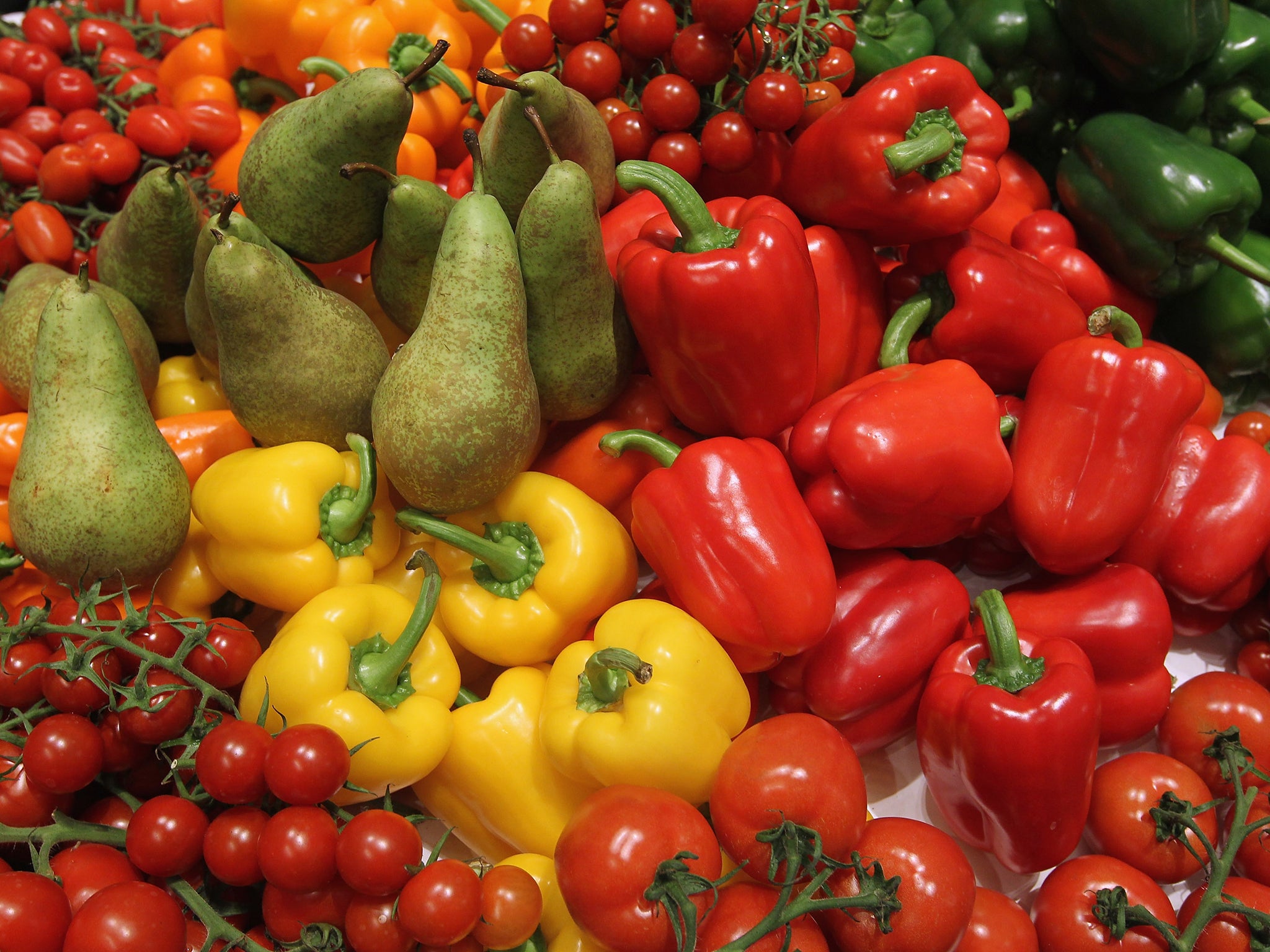Facebook fruit and maths puzzle tricks adults into arguing about algebra
It poses as a question of maths, but really it's more about how good your eye for bananas is

A puzzle asking people to work out the value of an apple, a banana and half a coconut has driven social media friends apart.
The puzzle looks simple: it just asks people to do some obvious algebra, with fruit as the values. But it has another twist and is leading people to fall out.
It is being widely shared as an example of how simple arithmetic and algebra can get forgotten by adults. But the difficulty is actually one of perception.
Working out the values of each of the fruits is relatively simple: an apple is worth 10, an individual banana is worth one each, and a half coconut is worth one. The questions marks at the end represent 14, when you add everything up.
But what makes the question far more difficult is the fact that the puzzle tricks you into seeing things that aren’t there. Many people don’t notice that one of the coconut halves has gone missing in the final line, and that one of the bananas is no longer there.
That means that many people will end up with answers like 16 — or something else entirely.
As such, not getting the puzzle correct isn’t an example of the fact that you have lost the ability to do basic maths, and getting it right doesn’t show that you’re a genius — the claims often made on Facebook.
Instead, those that get it right are likely to have sharper eyes, which might explain why people claim that children are better at seeing it.
They’re also more likely to be looking at the pictures rather than attempting to understand what they represent, which means that people who are less engaged with the problem might actually be better at solving it.
Join our commenting forum
Join thought-provoking conversations, follow other Independent readers and see their replies
Comments
Bookmark popover
Removed from bookmarks